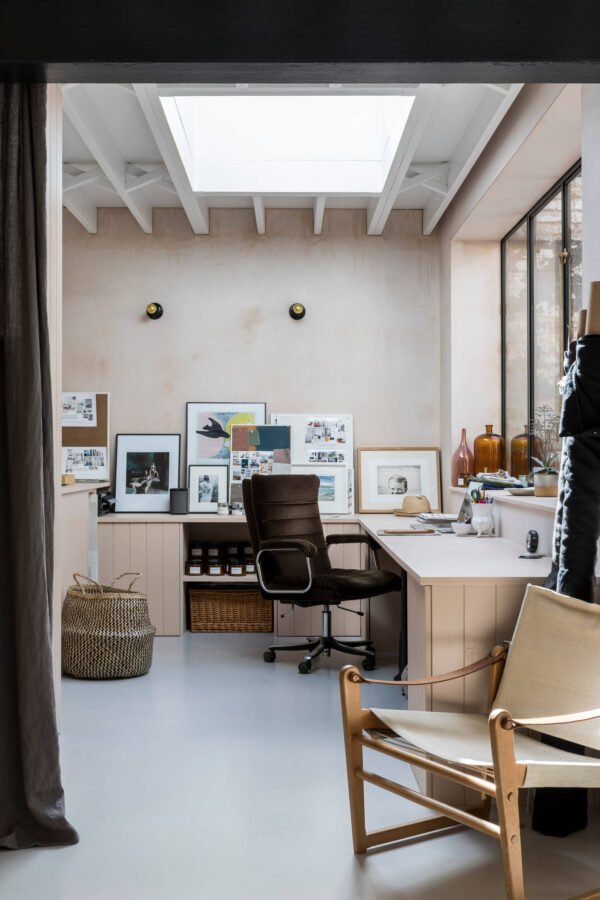
The Hidden Health Risks of Working from Your Bedroom

With the cold weather creeping on us and the cosy blanket beckon, the bed is calling your name right. And it’s ridiculously tempting to grab the laptop and snuggle up under the covers. However, it could damage your health, causing back, neck and wrist pain or mental health problems. With ongoing debates about returning to the office full-time, it’s clear that many businesses are still embracing post-covid ways of working, with 30% working hybrid and 37% fully remote. However, not everyone will have the luxury of a separate home office space, so some are making do with their bedrooms, blurring the lines between work and relaxation.
Though it is comfy to work in bed, turning your bed into your office can trigger a slew of health problems, both psychological and physical. The more time you spend in bed awake, the harder it can be to swift off and wind down at night. This is because you start to associate your bed with wakefulness, not restfulness. A clutter-free designated workspace and proper ergonomics are essential for productivity and well-being.
A recent survey by Get Laid Beds reveals that over a fifth (21%) of Brits work from their bedrooms, often getting just 2-3 hours of sleep on average.
Charli Davies, Founder and CEO of Snuzzze said: “While working in bed might seem like a good idea occasionally, it can negatively affect the amount and quality of your sleep over time.”
“Poor sleep quality impacts your productivity and efficiency, making it harder to make decisions, stay focused, concentrate, and regulate your mood—all of which makes working harder.”
“Also, your neck, back, hips and more are all strained when you’re on a soft surface that encourages you to slump or sprawl.”
“Working on or in your bed is terrible for posture and can cause back and neck pain, contributing to issues like dowager’s hump. Wrist pain can be another problem since it’s hard to maintain an ergonomically correct position in bed due to the softness of the bedding and mattress.”
While working in your bedroom all the time is not strongly suggested, Charli also shares some tips on how to prevent these health problems if you’d like to switch your workplace to the bedroom from time to time.
- Disconnect from work when you clock off
“For optimal sleep, our bedrooms should be reserved for sleep and intimacy only. If you absolutely must work in your bedroom, consider using a desk with a designated space that can be closed or screened off.”
“One of the keys to good sleep is how we think, so once you’re done with work, put everything away to avoid triggering work-related thoughts when you see your workspace that can impact getting to or staying asleep.”
- Working on the desk instead of the bed
“We often think that bringing our laptops into bed at the start or end of the day boosts our productivity, but this habit can actually harm our long-term productivity.”
“It disrupts our sleep and causes us to lose track of time, leading to late nights and less rest.”
“Having a desk in the bedroom or keeping your laptop on the nightstand can create an unintentional association between your bedroom and work, rather than sleep. This can affect your ability to get a good night’s rest without you even realising it.”













































